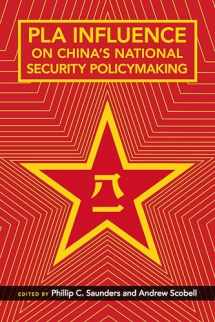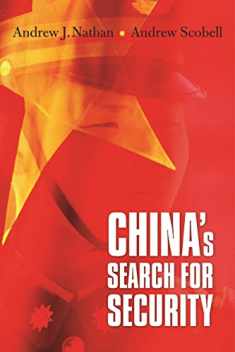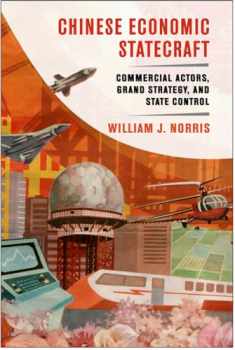
PLA Influence on China's National Security Policymaking
Book details
Summary
Description
In recent years there have been reports of actions purportedly taken by People's Liberation Army (PLA) units without civilian authorization, and of Chinese Communist Party (CCP) civilian leaders seeking to curry favor with the military―suggesting that a nationalistic and increasingly influential PLA is driving more assertive Chinese policies on a range of military and sovereignty issues. To many experienced PLA watchers, however, the PLA remains a "party-army" that is responsive to orders from the CCP.
PLA Influence on China's National Security Policymaking seeks to assess the "real" relationship between the PLA and its civilian masters by moving beyond media and pundit speculation to mount an in-depth examination and explanation of the PLA's role in national security policymaking. After examining the structural factors that shape PLA interactions with the Party-State, the book uses case studies to explore the PLA's role in foreign policy crises. It then assesses the PLA's role in China's territorial disputes and in military interactions with civilian government and business, exploring the military's role in China's civil–military integration development strategy. The evidence reveals that today's PLA does appear to have more influence on purely military issues than in the past―but much less influence on political issues―and to be more actively engaged in policy debates on mixed civil-military issues where military equities are at stake.


We would LOVE it if you could help us and other readers by reviewing the book
Book review





